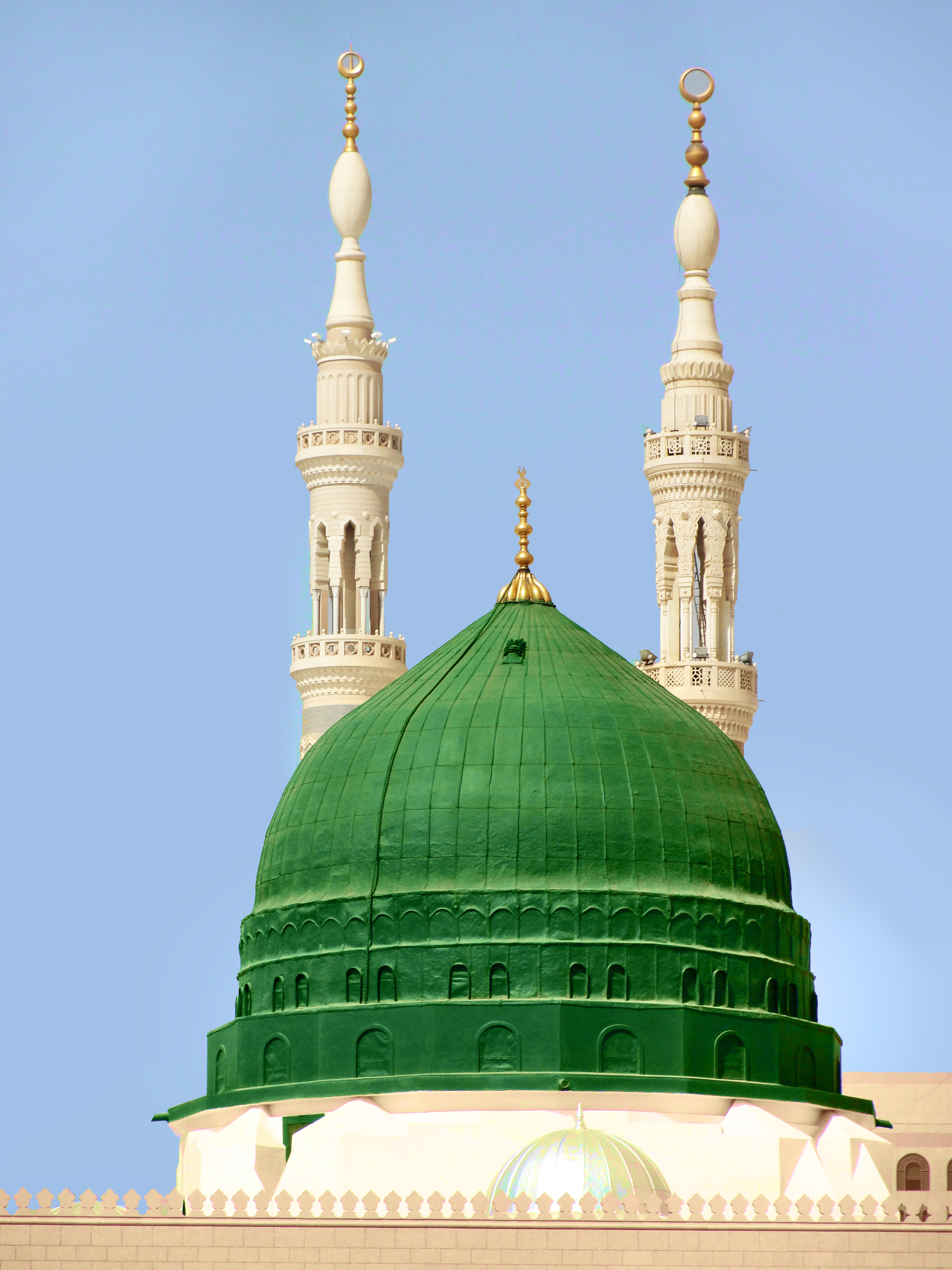Rabi-ul-Awal is the third month in the Islamic lunar calendar, known for its spiritual significance, especially the birth of Prophet Muhammad (PBUH).

Rabi' al-Awwal holds a special place in the Islamic calendar as the third month. It's a time of great reverence and celebration for Muslims worldwide, as it marks the birth of the Prophet Muhammad, peace be upon him. The Prophet's life and teachings are a source of guidance, mercy, and light for all of humanity. This month is an opportunity to reflect on his exemplary character and to strengthen our connection to him and his message.
"And We have not sent you, [O Muhammad], except as a mercy to the worlds."
(Surah Al-Anbiya, 21:107)
This verse highlights the Prophet’s ﷺ role as a universal mercy for all of creation.
"Allah will raise those who have believed among you and those who were given knowledge, by degrees."
(Surah Al-Mujadila, 58:11)
This verse shows the importance of knowledge in Islam and how it leads to honor and elevation.

The Prophet Muhammad (PBUH) was born on the 12th of Rabi' al-Awwal in the Year of the Elephant in Mecca. His birth brought a new era of guidance and truth to a world shrouded in darkness. He was sent as a mercy to all of creation, and his life exemplifies the highest moral and ethical standards.
The Quran highlights the Prophet's role as a source of mercy and a guiding light:
Surah Al-Anbiya (21:107): "And We have not sent you, [O Muhammad], except as a mercy to the worlds."
Surah Al-Ahzab (33:21): "There has certainly been for you in the Messenger of Allah an excellent pattern for anyone whose hope is in Allah and the Last Day and [who] remembers Allah often."
The Prophet Muhammad's life was a living embodiment of the Quran — a perfect model of kindness, forgiveness, and justice. Even before his prophethood, he was known as Al-Sadiq (the Truthful) and Al-Amin (the Trustworthy). His compassion extended to all of creation, from his loving interactions with his family and companions to his mercy shown to his enemies, animals, and the environment.
The Prophet Muhammad’s (PBUH) life reflected the teachings of the Quran. He embodied kindness, forgiveness, justice, humility, generosity, and honesty, earning him the title of Al-Amin (The Trustworthy) even before his prophethood.
“And indeed, you are of a great moral character.” — Surah Al-Qalam (68:4)
The sayings and actions of the Prophet, known as the Hadith, offer practical guidance for everyday life:
“And We have not sent you, [O Muhammad], except as a mercy to the worlds.” — Surah Al-Anbiya (21:107)
Commemorating Rabi' al-Awwal is not limited to a single day but is a month-long opportunity to strengthen our faith and connection to the Prophet (PBUH):
“Indeed, Allah and His angels send blessings upon the Prophet. O you who have believed, ask [Allah to confer] blessing upon him and ask [Allah to grant him] peace.” — Surah Al-Ahzab (33:56)
Rabi-ul-Awal is the third month in the Islamic lunar calendar, known for its spiritual significance, especially the birth of Prophet Muhammad (PBUH).
Many Muslims observe the 12th of Rabi-ul-Awal as the birth anniversary of Prophet Muhammad (PBUH), also known as Mawlid al-Nabi.
Fasting is not specifically prescribed in this month, but voluntary fasting is always encouraged in Islam as an act of devotion.
While there is no specific dua for this month, Muslims are encouraged to make general supplications and send abundant blessings (Salawat) upon the Prophet (PBUH).
The celebration of Mawlid varies among different communities. Some observe it with gatherings, lectures, and charity, while others focus solely on following the Prophet’s teachings throughout the year.
Since the Islamic calendar is lunar-based, the dates of Rabi-ul-Awal change every year based on the sighting of the moon.
Muslims commemorate this month through prayers, reciting the Qur'an, sending salutations upon the Prophet (PBUH), charitable acts, and learning about his life and character.
It serves as a reminder to follow the Prophet’s teachings, strengthen faith, and practice gratitude, kindness, and compassion.
The Prophet (PBUH) also migrated (Hijrah) from Makkah to Madinah in Rabi-ul-Awal, marking a key moment in Islamic history.
Through storytelling about the Prophet’s life, engaging in creative activities like making cards with hadiths, and involving them in acts of kindness and charity.